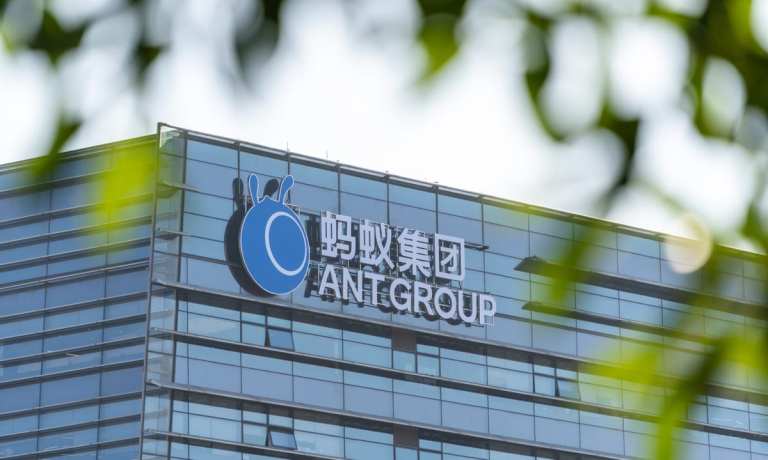Ant IPO Delay Shows FinTechs May Face (More) Regulatory Scrutiny

Ant Group has been stopped in its tracks, but the regulatory scrutiny the firm is facing may have ripple effects throughout the FinTech realm, and well beyond whether they will (or can) list on public exchanges.
Chinese regulators suspended Ant’s plans to move ahead with a listing, a dual initial public offering (IPO) that would have also listed in Hong Kong. The IPO would have commenced Thursday (Nov. 5), and a meeting with company executives and company Co-Founder Jack Ma discussed changes in the FinTech regulatory environment. The firm may not be in compliance with listing rules.
Just what the changes in the regulatory environment may be, or the details of the discussions, have yet to be reported in the media or fully commented upon by the parties that actually met.
But as PYMNTS reported this week, the microlending operations may be in focus. It’s been a high growth business for the company. But the actual structure of the business — the mechanics of partnerships struck with traditional financial institutions (FIs) — may be under examination.
What happens in the U.S. may be murky for a bit as the “blue wave” of Democrats sweeping into office that had been part of the conventional wisdom underpinning the recent election has seemingly failed to materialize. That may mean that regulatory oversight of financial services (in terms of actual, new mandates) may be dialed back a bit as (or if) Republicans continue to keep the Senate.
As reported by The Wall Street Journal, the country’s banking and insurance regulators have issued notices to banks warning them about making loans in tandem with third-party players. That speaks directly to the business model of platforms such as Ant’s, where the lenders are the ones that do the underwriting. There are also new limits on asset-backed security issuance by microlenders. And in terms of underwriting, as PYMNTS noted, firms would be required to underwrite as much as 30 percent of the loans jointly underwritten with lenders.
The tightened reigns about what companies like Ant and, by extension, other FinTechs can do is echoed in countries other than China. In the U.S., of course, the Department of Justice is examining the $5.3 billion deal struck by Visa to acquire Plaid, an aggregator, in a tie-up that would allow apps and third-party providers to connect with users’ bank accounts.
Wider Gaze on FinTechs
But on a wider stage, regulators’ gazes are falling increasingly on FinTechs.
A report produced by the World Bank and the Cambridge Center for Alternative Finance found a widespread tailwind for the use of FinTech products and service in the wake of the pandemic, which in turn spurred more regulation from central banks and other entities.
Of 118 central banks and regulators surveyed, 60 percent said there had been a boost in digital payments. About 14 percent of respondents from advanced economies and 12 percent from emerging markets have seen gains in digital lending. As many as 19 percent have seen an increased use of digital savings accounts or deposits. About 72 percent have accelerated their efforts to introduce innovation initiatives, and more than a third of those surveyed said they had introduced regulatory measures such as transaction thresholds.
Respondents see rising risks in the FinTech market concerning cybersecurity (78 percent referencing as a top-three risk), operational risks (54 percent), consumer protection (27 percent) and fraud and scams (18 percent).
Ninety percent of surveyed regulators from advanced economies see cybersecurity as one of their top three increasing risks associated with FinTech activities, the report noted. About 19 percent of surveyed respondents from advanced economies see FinTechs as potentially negatively effecting consumer protection; 13 percent said the sector could be potentially harmful to market integrity.
“However, few regulators have undertaken measures that are specifically targeted at DFS (digital financial services) or FinTech activities,” noted the report, a hallmark of the FinTech landscape that seems likely to change, at least in some parts of the world.